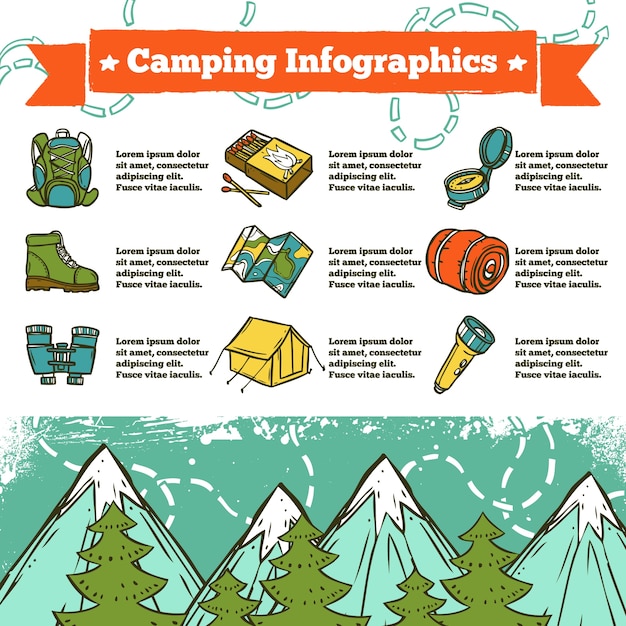Picking the right frame material is crucial for occasion tents. Whether it's covered steel for spending plan tents or anodized light weight aluminum for sturdy applications, there are many considerations to bear in mind.
Steel structures prevail in lower-priced pop-up outdoors tents yet are prone to corrosion even with finishings and require normal upkeep. Light weight aluminum is lightweight, naturally resists corrosion, and holds up well in humid or seaside settings.
Steel
When it concerns ensuring the longevity of personalized camping tents, the material made use of in their frameworks plays an essential duty. Steel and light weight aluminum alloys both provide costs toughness, however each deals special benefits that make it appropriate for various types of settings. Steel is optimal for rugged problems, while aluminum master withstanding deterioration and lessening maintenance expenditures.
When event hosts select the best outdoor tents for their requirements, they require to think about factors like anticipated weather conditions. As an example, frame outdoors tents typically execute better in windy or rainy problems than pole outdoors tents since they do not depend on a main pole to sustain the structure. Nevertheless, the links between structure pieces can damage in high anxiety situations. Determining these weaknesses and carrying out normal evaluations can aid avoid prospective damages.
Steel frames are difficult to reduce, weld or shape, which can call for specialized tools and boost labor costs. On top of that, they tend to rust or wear away easily and may require additional security or finishes. Additionally, steel is extremely hefty and can create issues when delivering a cover. It's additionally challenging to save for long periods of time due to the fact that it takes up much more room than aluminum frames.
Light weight aluminum
Light weight aluminum is a prominent framework product for canopy camping tents because it's lightweight, rust-resistant, and simple to move and set up. It likewise gives a much more steady sanctuary during gusty conditions than steel frameworks. Light weight aluminum is much less prone to tearing and any kind of damages can be conveniently repaired, extending the life of the outdoor tents. It also breathes to minimize condensation and offers exceptional acoustic insulation to wet outside noise.
The sturdiness of light weight aluminum structure tents is even more improved by the all-natural oxidation residential or commercial properties of the steel. It creates a compact oxide layer that safeguards the surface from rust and spots. Therefore, the long life of an aluminum appear outdoor tents can be boosted even further when the frame is anodized.
Anodized aluminum is stronger than steel and can endure high wind speeds. Additionally, the finish stands up to deterioration and stains, extending the lifespan of the tent. Furthermore, anodized aluminum is recyclable and sustainable, making sustainable bag it ideal for businesses seeking LEED certification. The combination of these residential or commercial properties makes aluminum an extra cost-efficient option than steel for large, heavy-duty tents, such as those used to suit commercial devices and storage facility inventory. Steel, on the other hand, is more costly due to the fact that it calls for pricey alloys such as nitrogen, molybdenum, and chromium to improve stamina.
Iron
Iron framework tents typically last up to 15 years if the right treatment and upkeep is applied. This includes regularly cleansing material and examining metal parts for deterioration and wear. By taking these steps, event hosts can maximize the reliability of their structures and guarantee their continued performance in tough environments.
Steel is a suitable material for building resilient tents, particularly for usage in extreme weather conditions. It is a solid, strong, and affordable product that uses stability and strength for a variety of applications. Nevertheless, steel is prone to rusting in humid and seaside atmospheres. The addition of safety finishes and routine upkeep can assist to mitigate this threat, yet these initiatives enhance total upkeep costs.
On the other hand, light weight aluminum is a much more sturdy selection for a customized tent because of its natural oxidation buildings. When plated, aluminum comes to be super-strong and as much as 3 times more difficult than standard light weight aluminum alloys. This makes plated aluminum the second-hardest substance alongside diamond (satellites, airplane, and military lorries all utilize anodized light weight aluminum). In addition to its longevity, anodized light weight aluminum is also extra resistant to corrosion than steel. These elements make light weight aluminum an outstanding selection for pop up canopy outdoors tents and contribute to their capacity to carry longer service warranties (5, 7, and even lifetime structure warranties). In addition, aluminum is 1/3 the weight of steel enabling a much thinner structure design for even more modification choices and raised strength.
